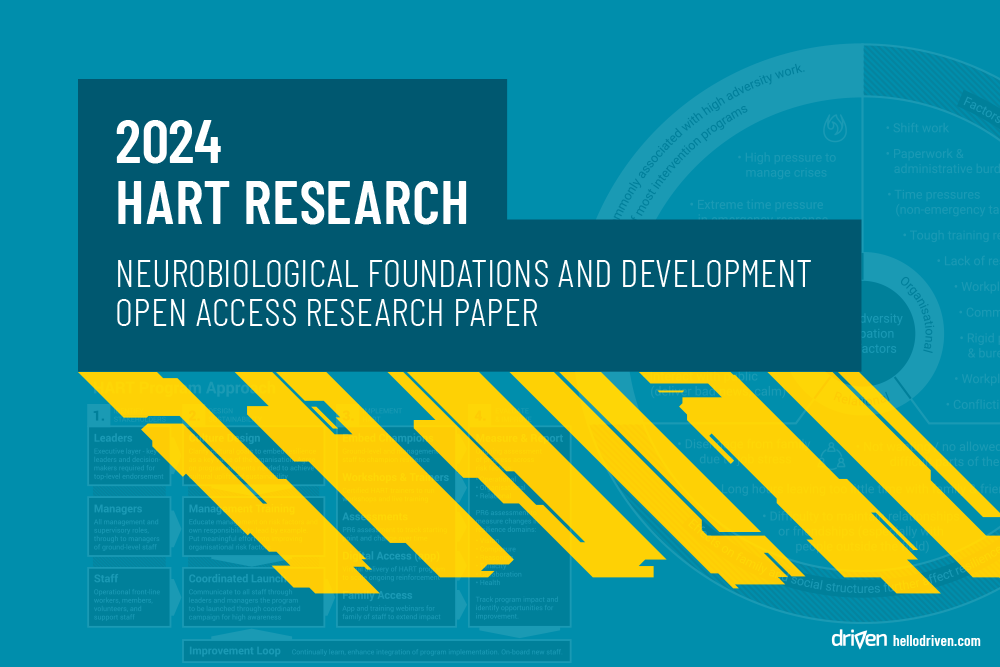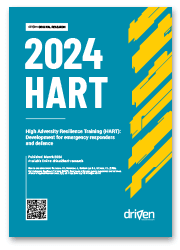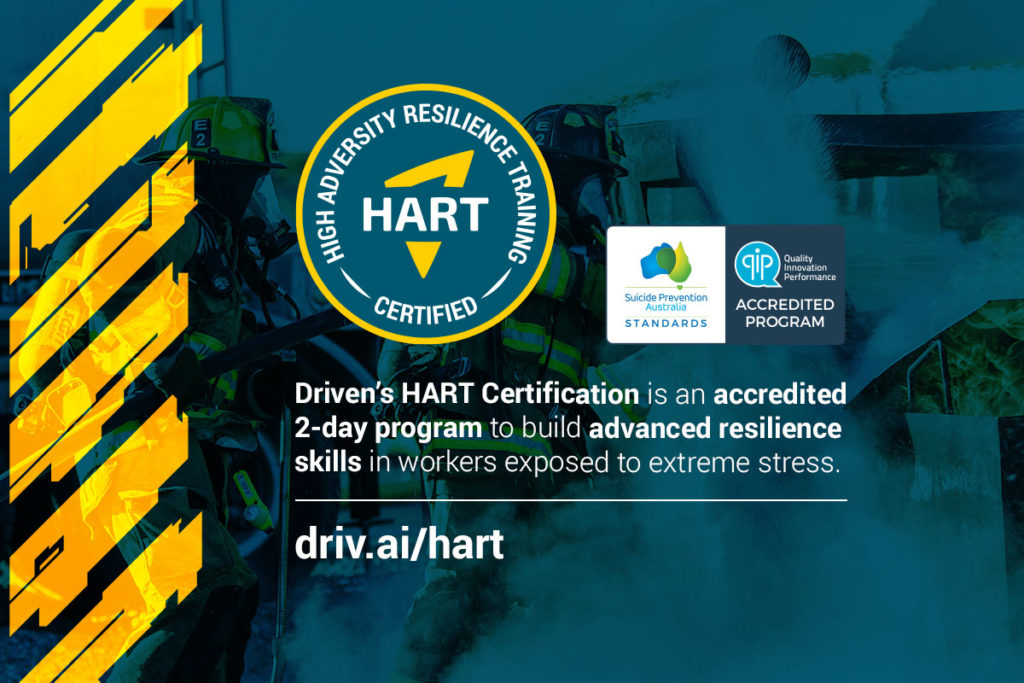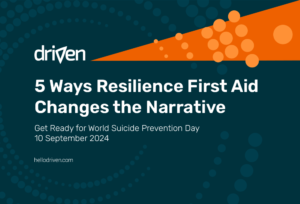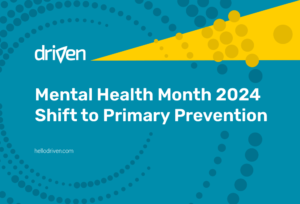High Adversity Resilience Training (HART) – Open access research paper
We introduce the High Adversity Resilience Training (HART) Program, tailored for individuals in High Adversity Occupations (HAOs) such as first responders, healthcare workers, and military personnel, and others facing extreme challenges at work.
These individuals face significant risks due to their exposure to potentially traumatic events (PTEs), which can increase their susceptibility to mental illnesses including PTSD, as well as an increased risk of suicide. Our study outlines the necessity for a comprehensive and proactive approach in resilience training to mitigate these risks effectively.
The HART research paper is now published and available to be downloaded here – driv.ai/hart-research
Key takeaways:
1. Limbic Brain Reactivity and Resilience Training – The paper highlights the link between limbic brain reactivity, a neurological response to stress and trauma, and the onset of mental health conditions like PTSD. We emphasize the significance of proactive resilience training in reducing limbic brain reactivity, thereby lowering the risk for developing such mental health issues.
2. Risk Categories for HAO Workers – The study discusses three critical risk categories for HAO workers: Operational, Organisational, and Relational risks. We note that many programs overlook Organisational and Relational risks, which are vital to manage for reducing the overall mental health and suicide risks among HAO workers. Therefore, we design a program with these factors in mind.
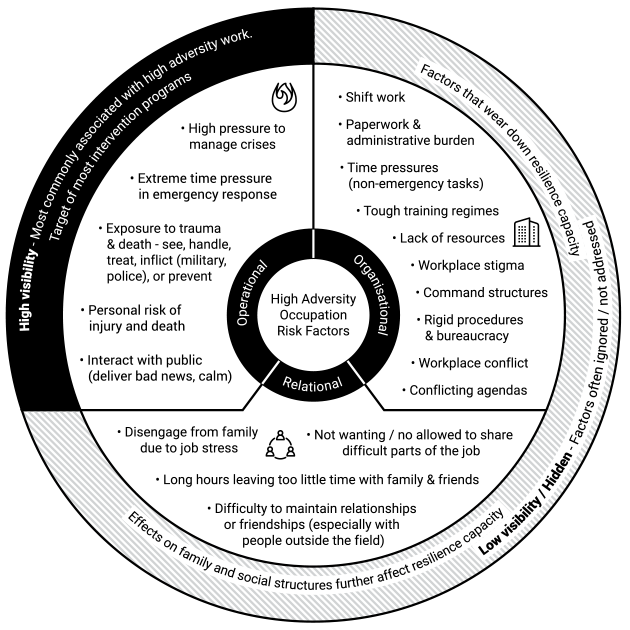
3. Development of the HART Program – The HART Program is presented as a comprehensive training program based on the Predictive 6-Factor Resilience (PR6) model. It aims to equip HAO workers with advanced, evidence-based skills to protect their mental health amidst extreme challenges. This approach not only focuses on the individual’s resilience skills but also on fostering a supportive organisational culture and environment. We set out the HART Approach which includes a comprehensive set of phases across all stakeholders to create a culture of resilience.
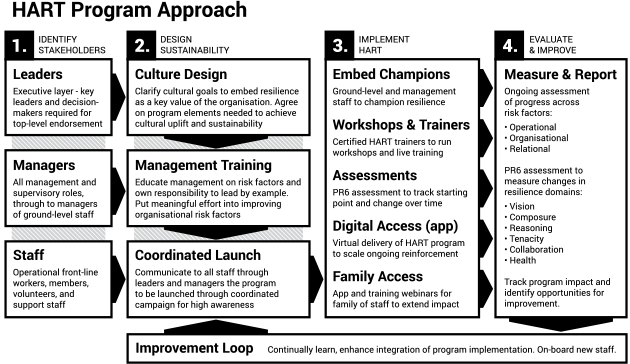
The implications of the HART Program for practice are significant, offering a new direction in enhancing resilience among HAOs through a holistic and neurobiologically informed approach. Addressing both the individual and systemic factors contributing to resilience can provide a more effective shield against the psychological impacts of high-adversity work environments.
